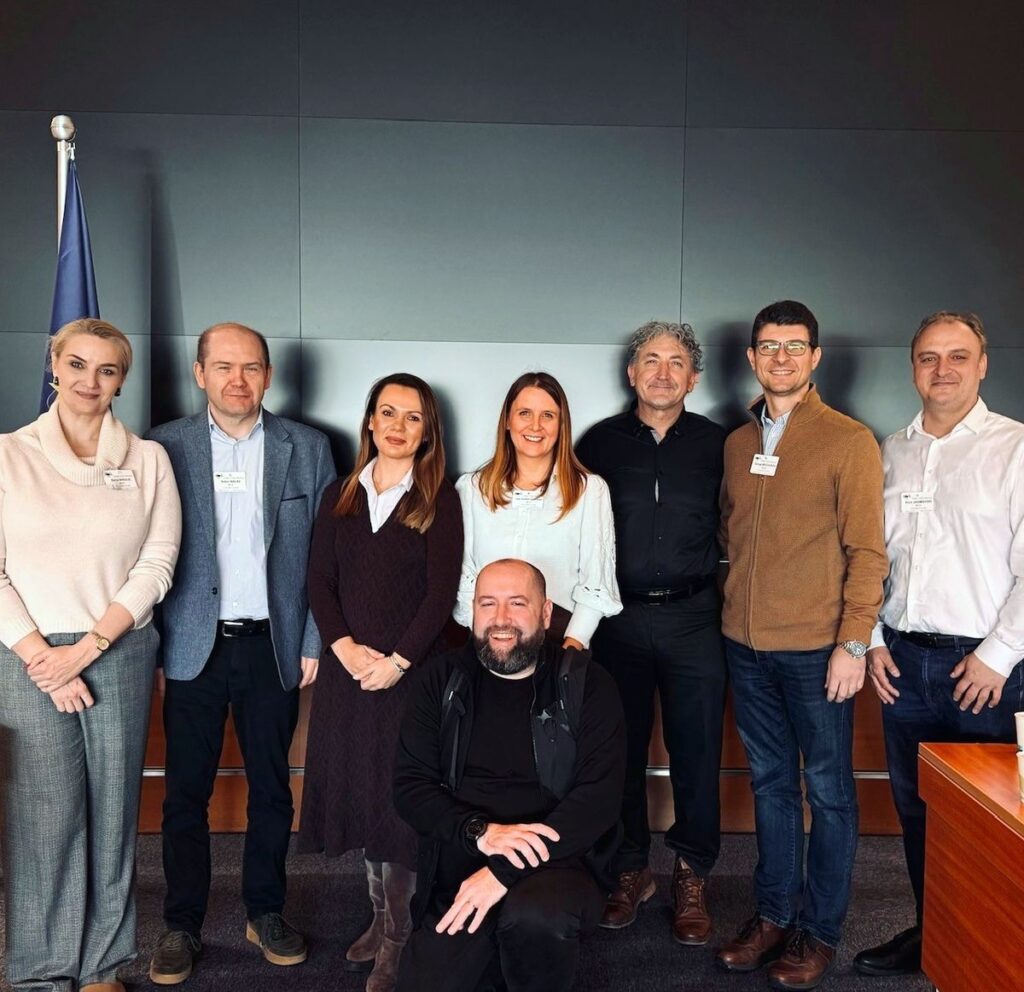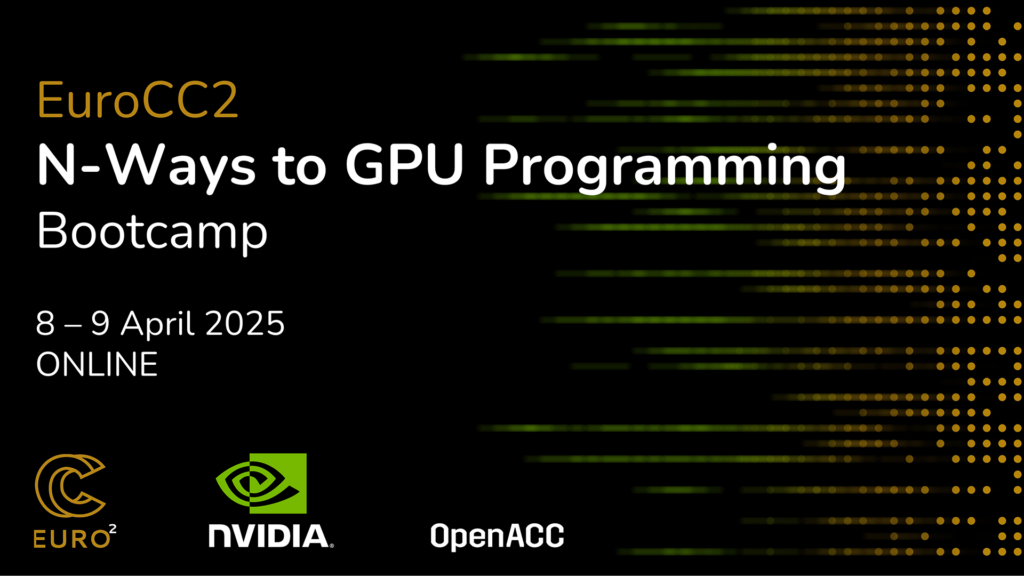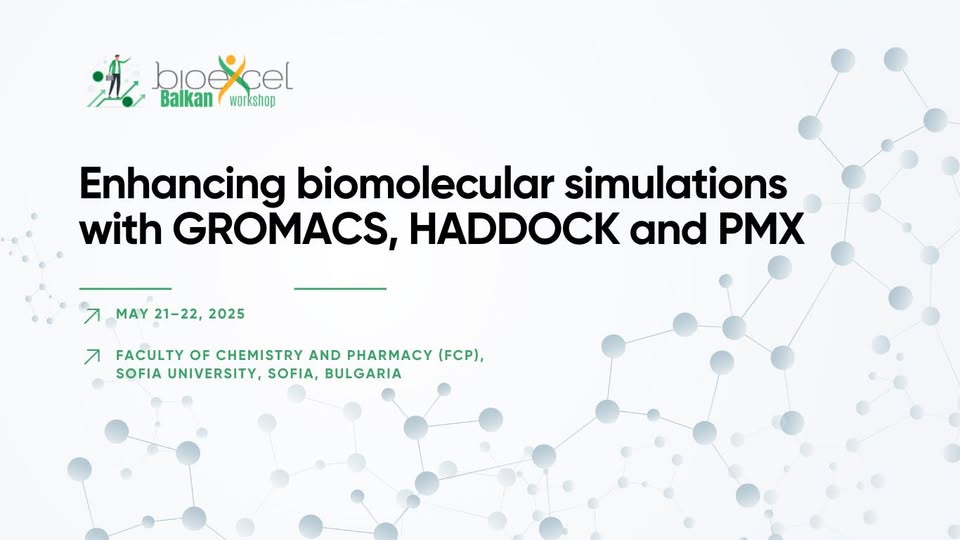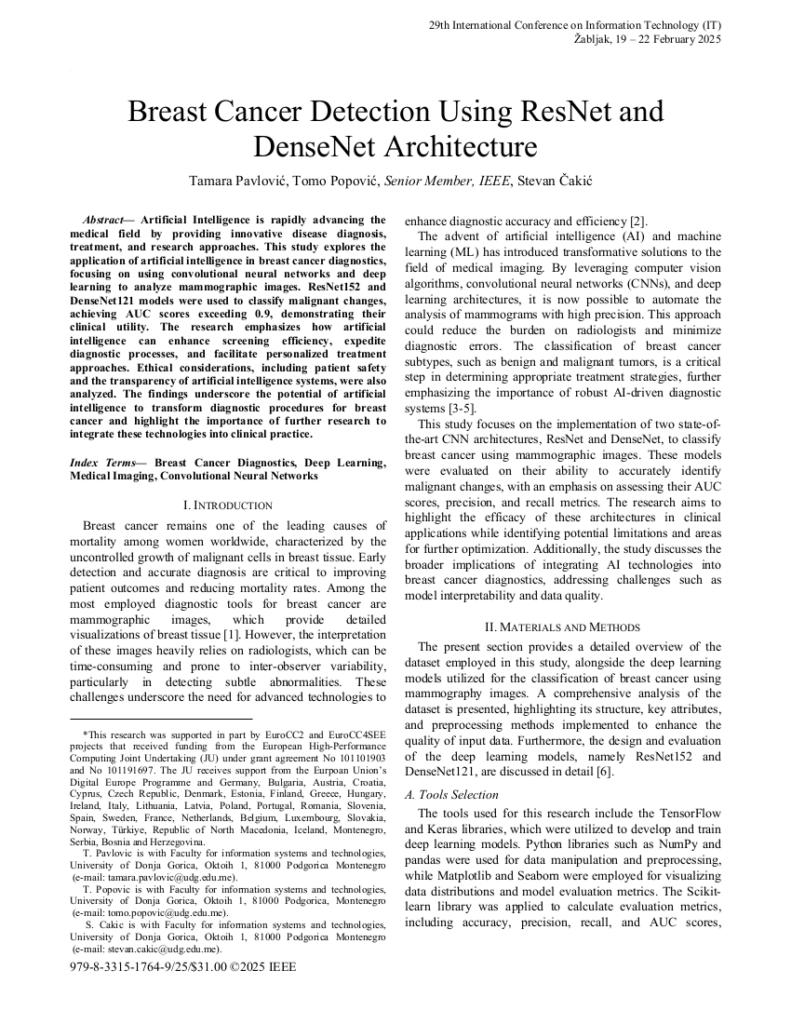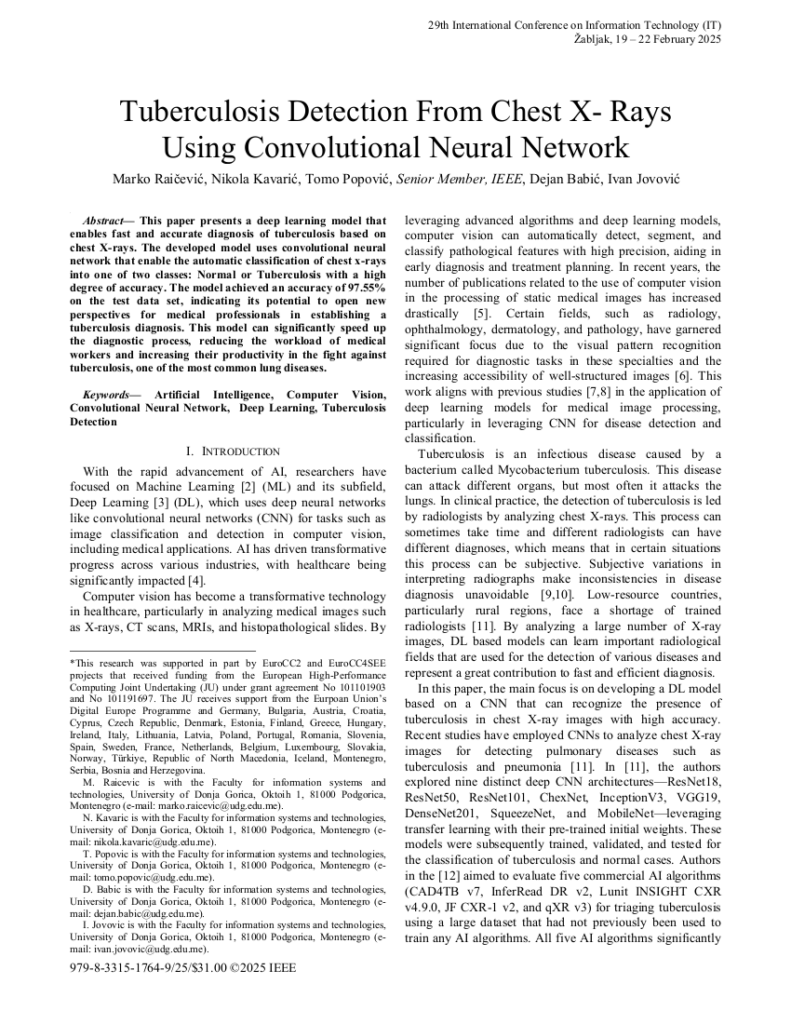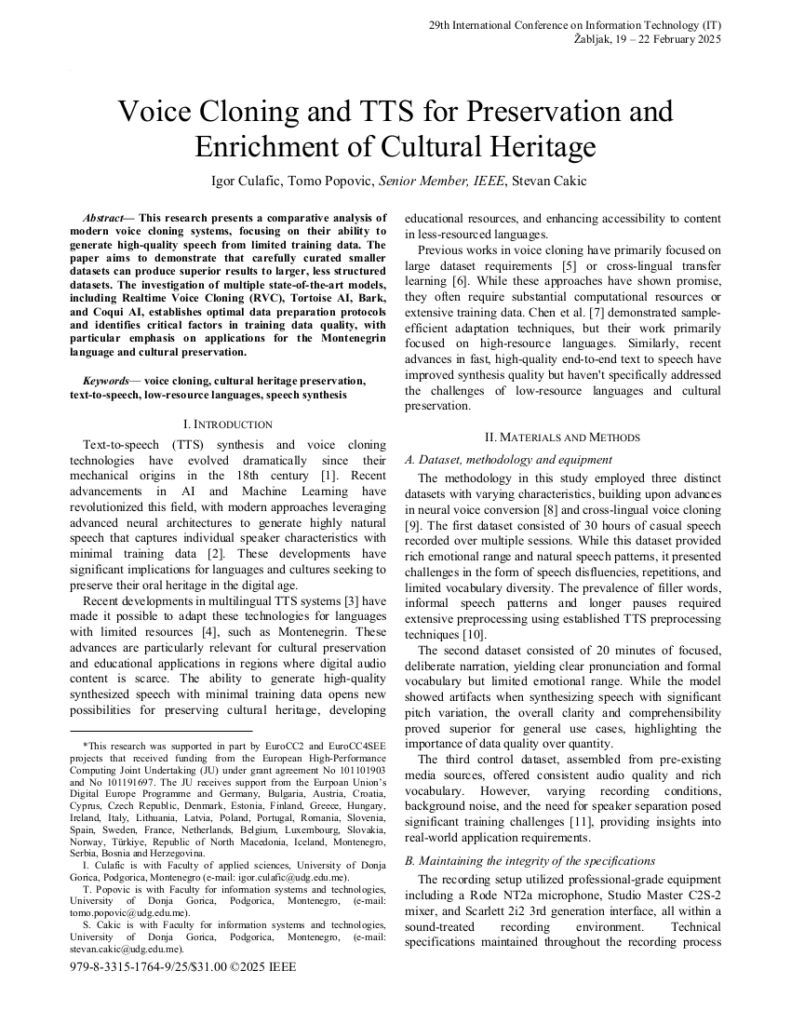In 2024, the EuroCC2/EuroCC4SEE project reached a new milestone, with 34 National Competence Centers (NCCs) showcasing significant achievements. This year’s review highlighted the collective drive to advance HPC, HPDA, and AI, strengthening competencies, capacities, and collaboration across Europe.
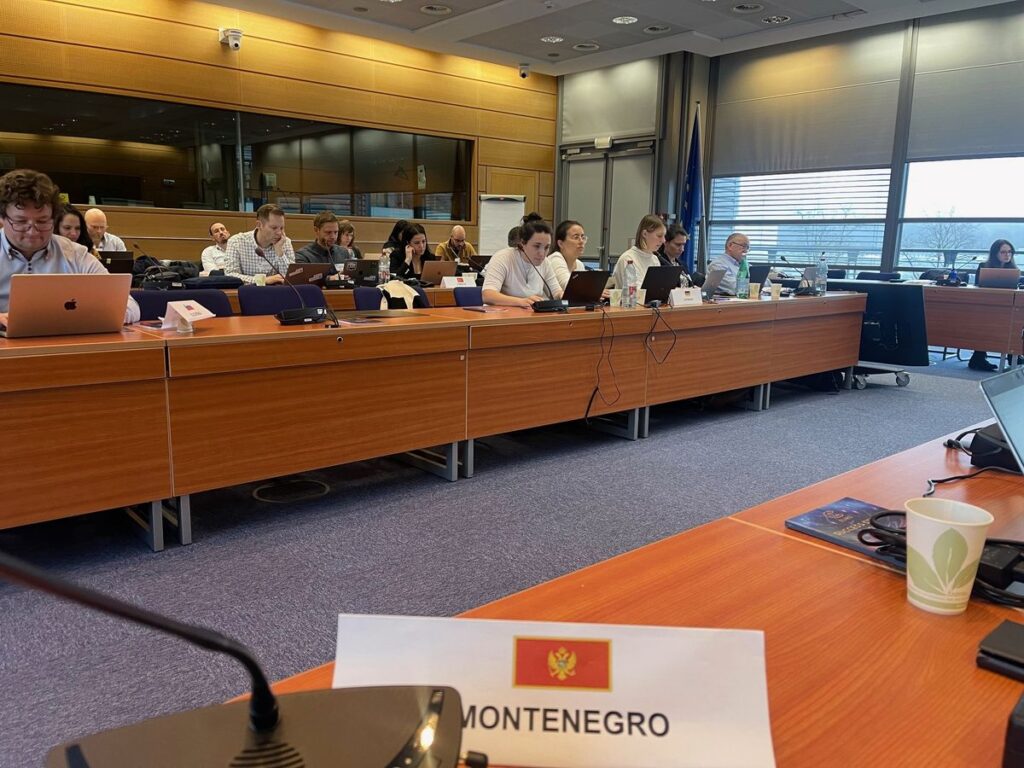

A key focus in NCC presentations was user engagement, particularly with industry/SMEs. Through real-world HPC and AI use cases, Proofs of Concepts, and Success Stories, NCCs have bridged the gap between cutting-edge technologies and practical applications, fostering innovation across industries, academia, and the public sector. End-users have benefited from expert training, technical support, and subsidized access to EuroHPC supercomputing resources.
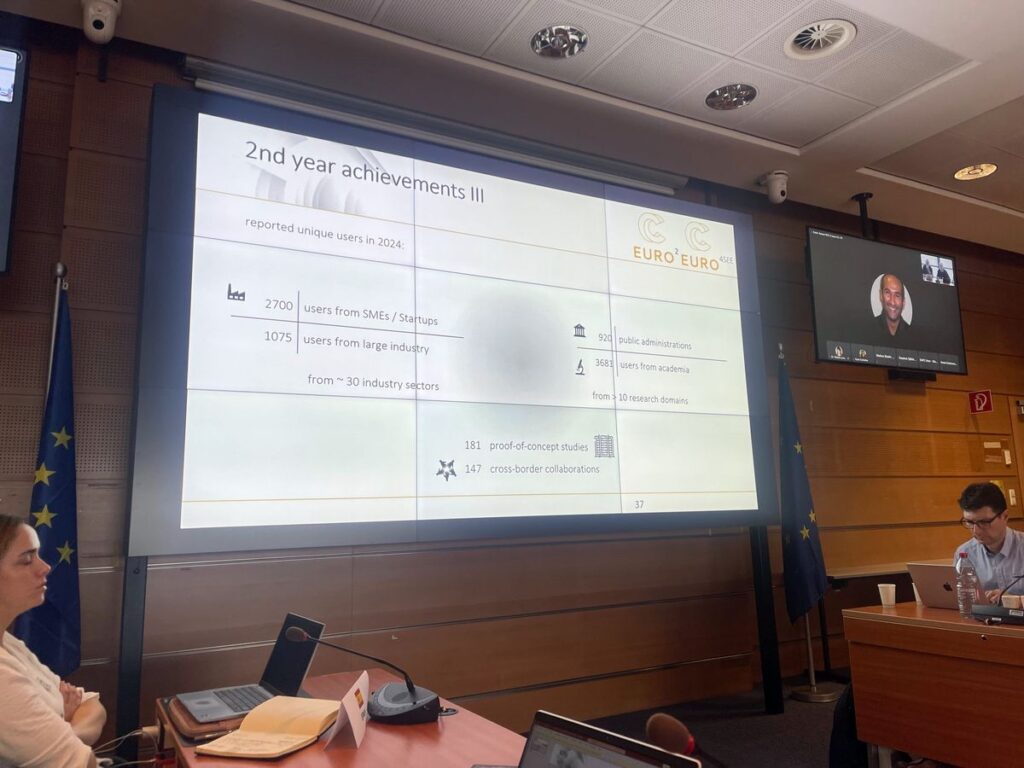
Collaboration remains central to EuroCC2/EuroCC4SEE. NCCs have deepened ties with other NCCs, CoEs, and EDIHs through mentoring, twinning, training and workshops. Joint initiatives, supported by EuroCC2 PMT and CASTIEL 2, have facilitated knowledge exchange, best practices, and white papers, accelerating Europe’s HPC/HPDA/AI ecosystem development. Training programs have equipped researchers, engineers, and industry professionals with essential skills to leverage these technologies effectively. The success stories presented reaffirm the project’s impact—enhancing scientific research, optimizing industry workflows, and improving public sector efficiency through smart solutions.
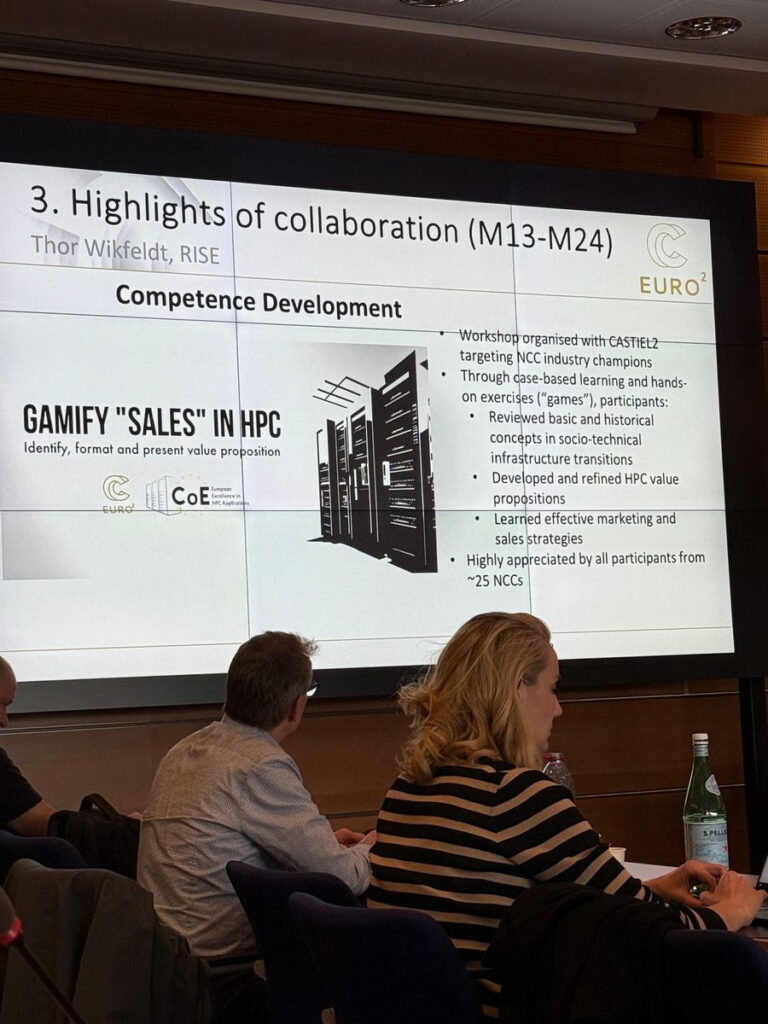
NCC Montenegro showcased Montenegrin companies, including UHURA, PAID MNE, IHMS, successfully utilizing European supercomputers to enhance the accuracy and efficiency of their innovative applications, complex simulations and advanced AI models. Additionally, the NCC Montenegro’s representative shared valuable insights on conducting HPC/AI study and training programs aligned with Smart Specialization strategy and highlighted successful collaborations with over 10 NCCs and CoEs in capacity building, industry practices and HPC awareness raising.
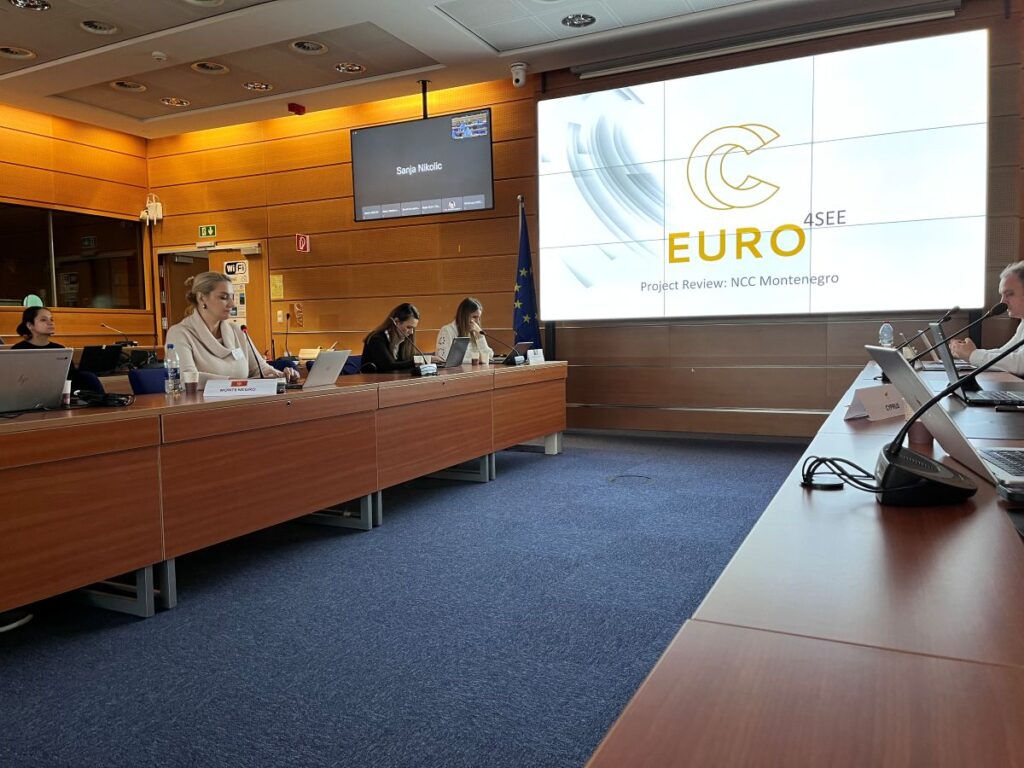
The 2024 review underscored EuroCC2/EuroCC4SEE’s role as a cornerstone of European HPC+ progress, driving user engagement, technological innovation and international collaboration. Looking ahead, the project remains committed to scaling impact, strengthening partnerships, and ensuring HPC and AI technologies remain accessible and beneficial to all.
